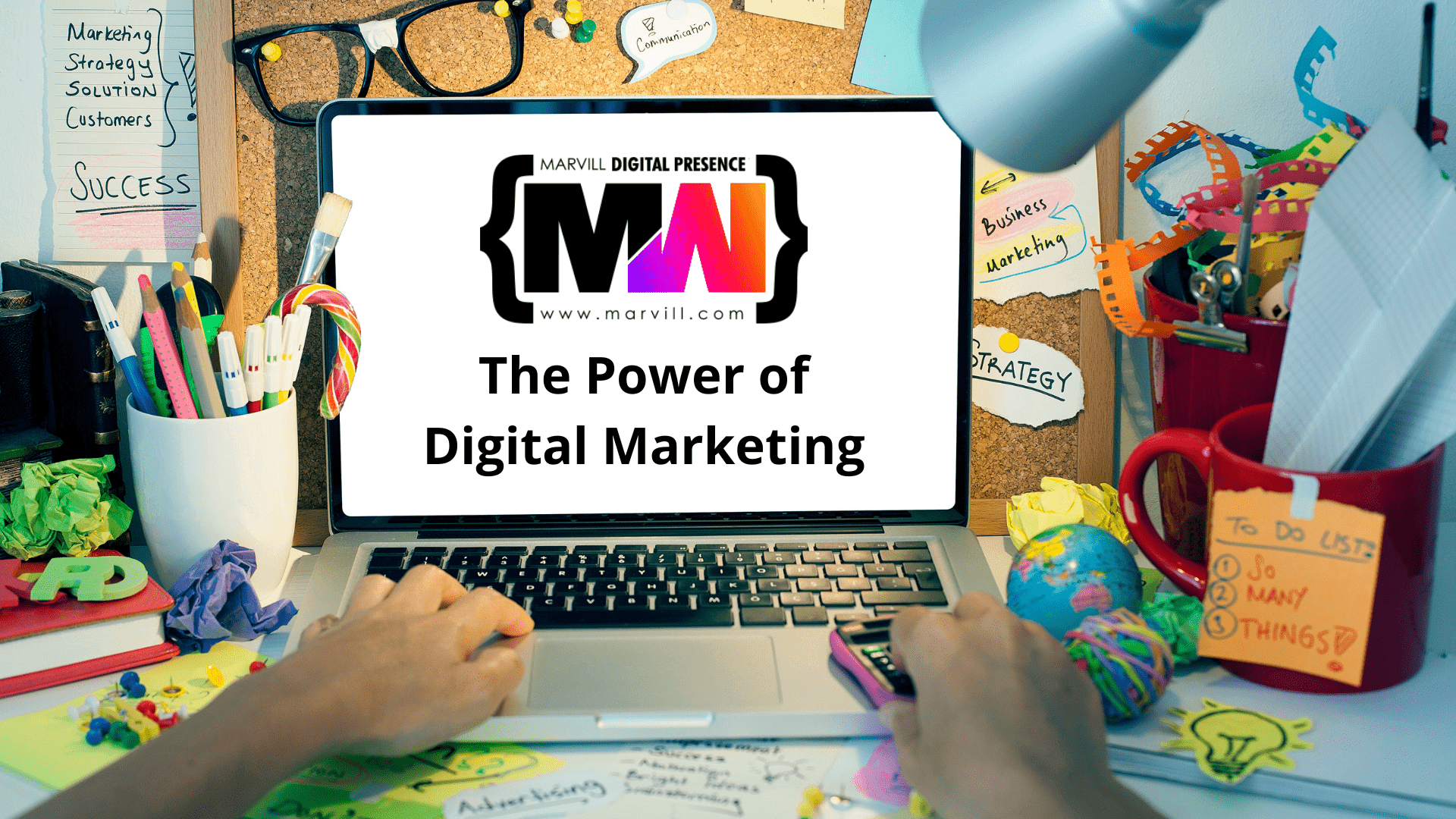
In today’s digital era, businesses need to harness the power of digital marketing to stay competitive, reach their target audience, and drive business growth. From online advertising to search engine optimization (SEO), content marketing, social media marketing, and email marketing, the digital landscape offers a multitude of avenues to connect with customers and build a strong online presence. In this post, we will explore the strategies and techniques that can help businesses achieve online success through effective digital marketing. Whether you’re a small startup or an established enterprise, these insights will empower you to navigate the digital marketing landscape and maximize your marketing efforts.

I. Online Advertising: Reaching the Right Audience
Online advertising provides businesses with the opportunity to target specific audiences, increase brand visibility, and drive conversions effectively.
Pay-per-click (PPC) advertising: PPC campaigns offer targeted ads that drive traffic to your website, resulting in measurable outcomes and increased brand exposure.
Display advertising: Utilize eye-catching visual ads across various platforms to create brand awareness, capture attention, and attract potential customers.
Remarketing: Reconnect with users who have previously shown interest in your brand or products, reinforcing your message and encouraging them to take action.
II. Search Engine Optimization (SEO): Boosting Visibility and Organic Traffic
Implementing SEO techniques ensures that your website ranks higher in search engine results, attracting organic traffic and enhancing your online visibility.
Keyword research and optimization: Conduct comprehensive keyword research to identify relevant keywords and strategically incorporate them into your website content, improving your search engine rankings.
On-page optimization: Optimize meta tags, headings, and URLs to enhance your website’s crawlability by search engines, improving its visibility and relevance.
Link building: Build high-quality backlinks from reputable websites, which increases your website’s authority, credibility, and search engine rankings.
III. Content Marketing: Engaging and Informing Your Audience

Content marketing focuses on creating valuable and relevant content to attract, engage, and retain your target audience, establishing your brand as a reliable source of information.
Blogging: Share informative articles and industry insights through blog posts, demonstrating thought leadership and providing valuable knowledge to your audience.
Infographics and visual content: Utilize visually appealing infographics and other visual content formats to present complex information in an engaging and shareable manner.
Video marketing: Leverage the power of videos to convey your brand message, captivate users’ attention, and increase conversions by delivering compelling and engaging visual content.
IV. Social Media Marketing: Building Relationships and Brand Awareness
Social media marketing allows businesses to connect with their audience, build brand awareness, and foster engagement and loyalty.
Platform selection: Identify the social media platforms that are most relevant to your target audience and align with your marketing objectives, focusing your efforts on those channels.
Content strategy: Develop a robust content strategy tailored to each social media platform, creating compelling and shareable content that resonates with your audience and drives engagement.

Influencer partnerships: Collaborate with influencers who align with your brand values and have a significant following to amplify your brand’s reach, enhance credibility, and increase brand awareness.
V. Email Marketing: Nurturing Leads and Retaining Customers
Email marketing is a powerful tool for nurturing leads, engaging customers, and fostering repeat purchases.
Segmentation: Divide your email list into targeted segments based on demographics, behaviors, or interests, allowing you to deliver personalized and relevant communication to each group.
Automation: Utilize automated email campaigns to deliver timely and tailored content, such as welcome emails, abandoned cart reminders, or personalized recommendations, maximizing customer engagement and conversions.

A/B testing: Test different elements of your email campaigns, such as subject lines, content, and calls-to-action, to optimize performance and improve open rates, click-through rates, and overall effectiveness.
In conclusion, digital marketing offers a wealth of opportunities for businesses to connect with their audience, drive brand awareness, and achieve online success. By implementing online advertising, SEO techniques, content marketing, social media marketing, and email marketing strategies, businesses can enhance their digital presence, engage customers, and drive meaningful results.
Key Points Summary:
- Online advertising allows businesses to reach their target audience and drive conversions.
- SEO boosts website visibility and organic traffic through keyword optimization and link building.
- Content marketing engages and informs the audience through blogging, visual content, and videos.
- Social media marketing builds brand awareness and relationships through platform selection and influencer partnerships.
- Email marketing nurtures leads and retains customers through segmentation, automation, and A/B testing.
Contact us today to leverage the power of digital marketing and elevate your online presence.



